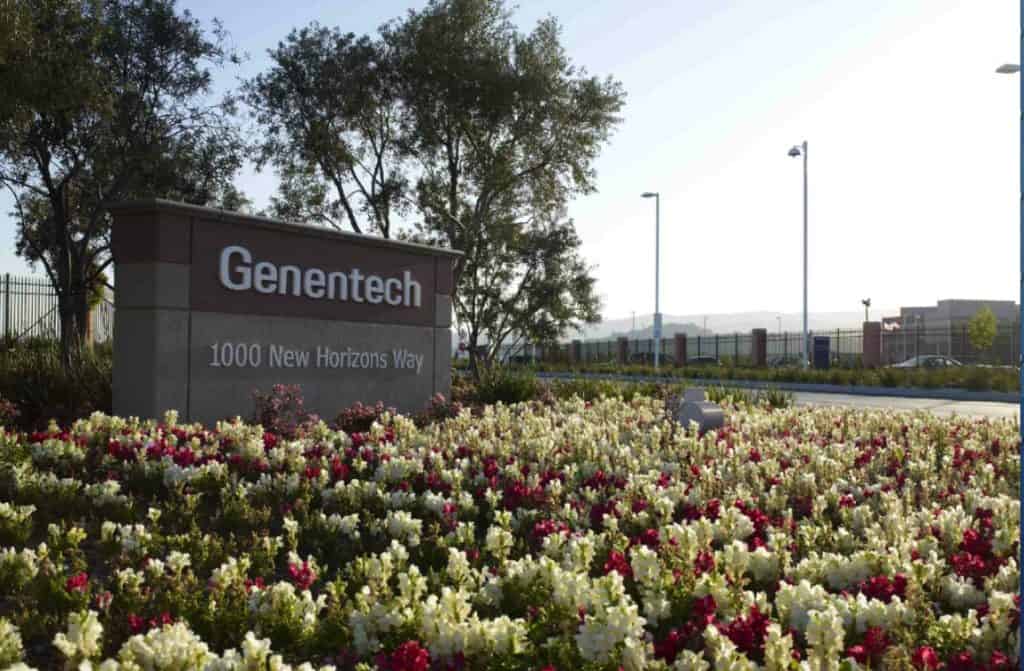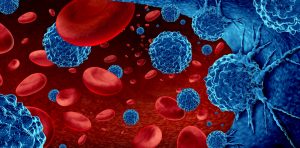
FDA approves treatment to counter CAR-T side-effects
pharmafile | August 31, 2017 | News story | Medical Communications, Sales and Marketing | Genentech, Roche, biotech, drugs, pharma, pharmaceutical
On the day that FDA announced the first CAR-T therapy would be given market authorisation, it also announced that a treatment designed to prevent a serious unwanted side-effect of the treatment would also reach the market. The company behind the treatment, Genentech, a subsidiary of Roche, announced that Actemra could be used in patients that experienced cytokine release syndrome (CRS).
The data used to back up its use came from 45 patients treated with the drug for severe or life-threatening CRS. 31 patients responded and were stabilised from the condition within the first 14 days of the first dose of Actemra, in addition to corticosteroids.
In addition to this, a further study was conducted in 15 patients who had undergone CAR-T therapy and experienced CRS.
CRS is a condition wherein the body’s experiences a systemic inflammatory response, as the immune system begins to produce an uncontrollable reaction. One of the most pubically-known results of this adverse effect occurred during the so-called ‘elephant man trial’ that took place in the UK, where patients experienced severe CRS leading to swelling giving rise to the moniker.
CRS is a known potential side-effect of CAR-T therapy and can be life-threatening. The approval of Genentech’s treatment is then necessary to ensure that patients who could potentially develop this are able to be effectively treated.
“Until today, there has never been an FDA-approved treatment to manage severe cytokine release syndrome associated with CAR T cell therapy, which is marked by a rapid onset and can cause life-threatening complications,” said Sandra Horning, Chief Medical Officer and Head of Global Product Development, Genentech. “Today’s approval of Actemra for cytokine release syndrome provides physicians with an important tool to help manage this potentially life-threatening side effect.”
The expanded indication for Genentech’s drug will not see a massive increase in the number of patients receiving the medication. After being approved today, Novartis’ therapy is currently only expected to reach several hundred patients per year in its current indication, of whom only a small proportion will experience a severe CRS reaction.
Ben Hargreaves
Related Content

Roche’s Alecensa approved by FDA as lung cancer treatment
Roche has announced that the US Food and Drug Administration (FDA) has approved Alecensa (alectinib) …

Genentech’s Columbi meets primary endpoint in phase 3 trial for lymphoma treatment
Genentech, part of the Roche Group, has announced that its phase 3 STARGLO trial has …

Lonza to acquire biologics site in Vacaville, US from Roche for $1.2bn
Lonza has announced that it has signed an agreement to acquire the Genentech large-scale biologics …







